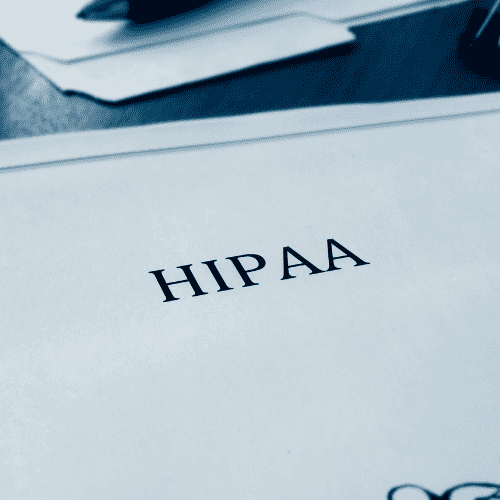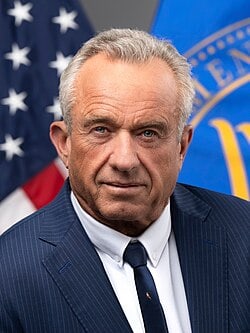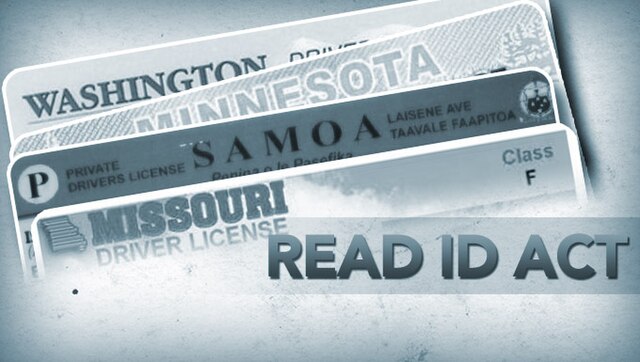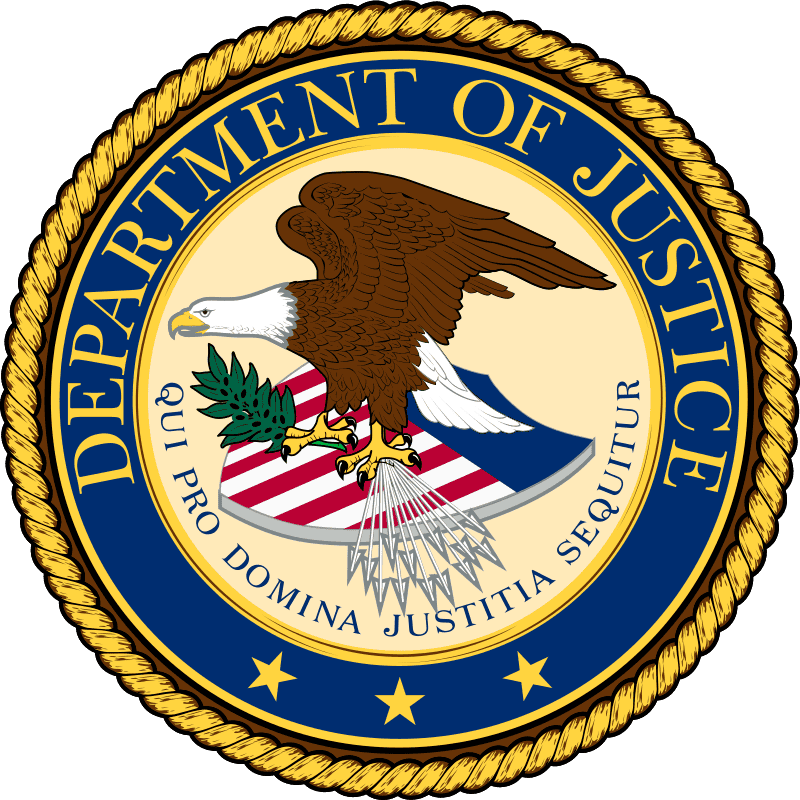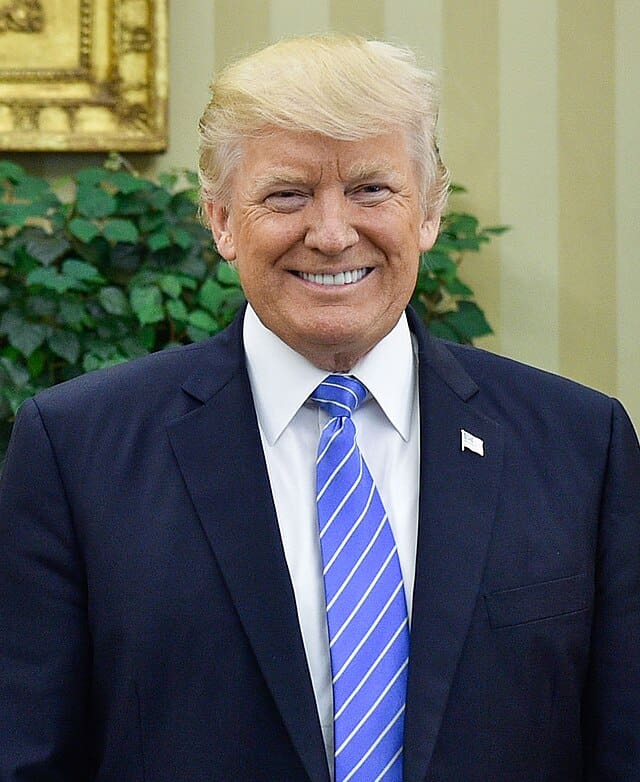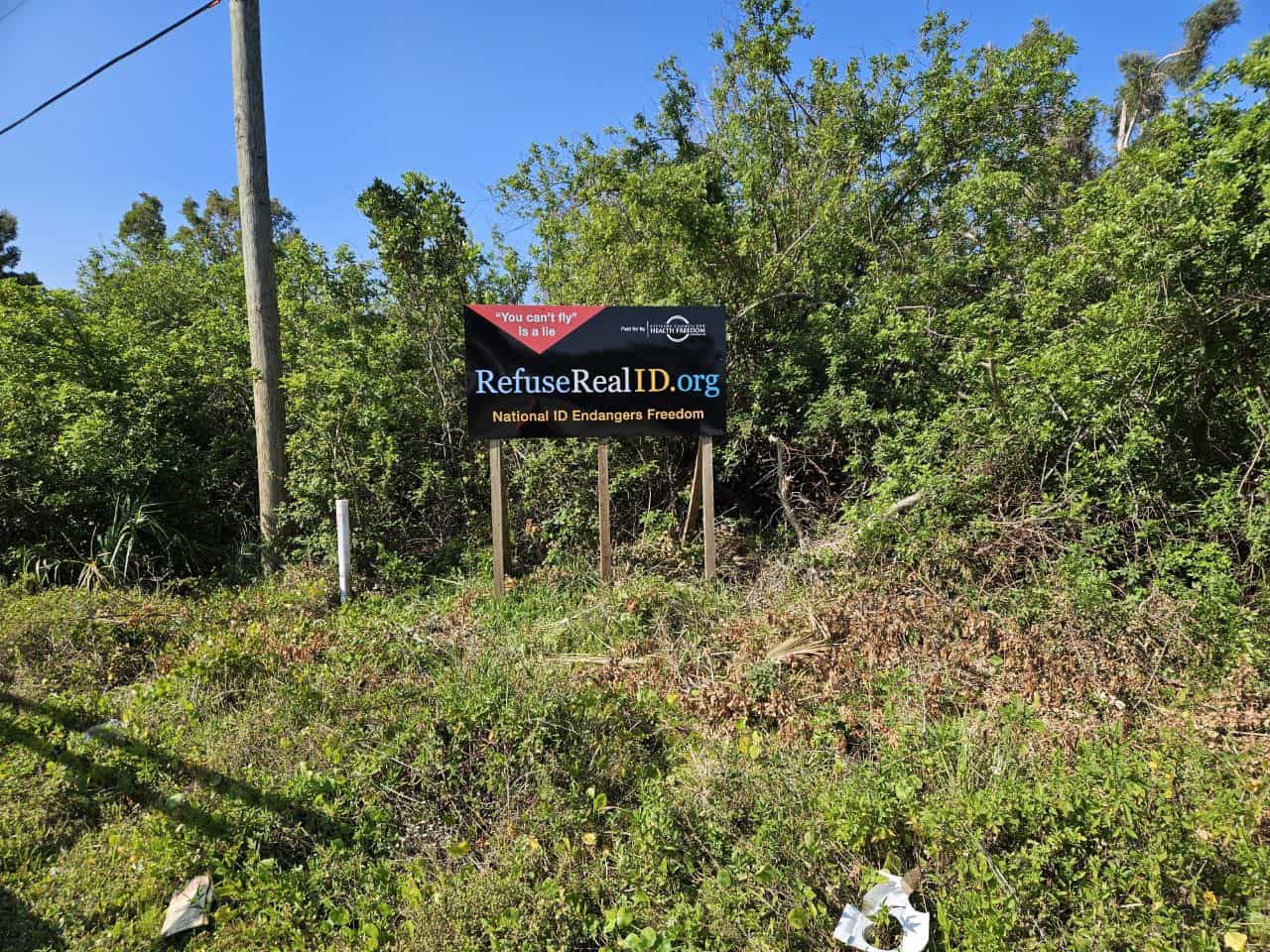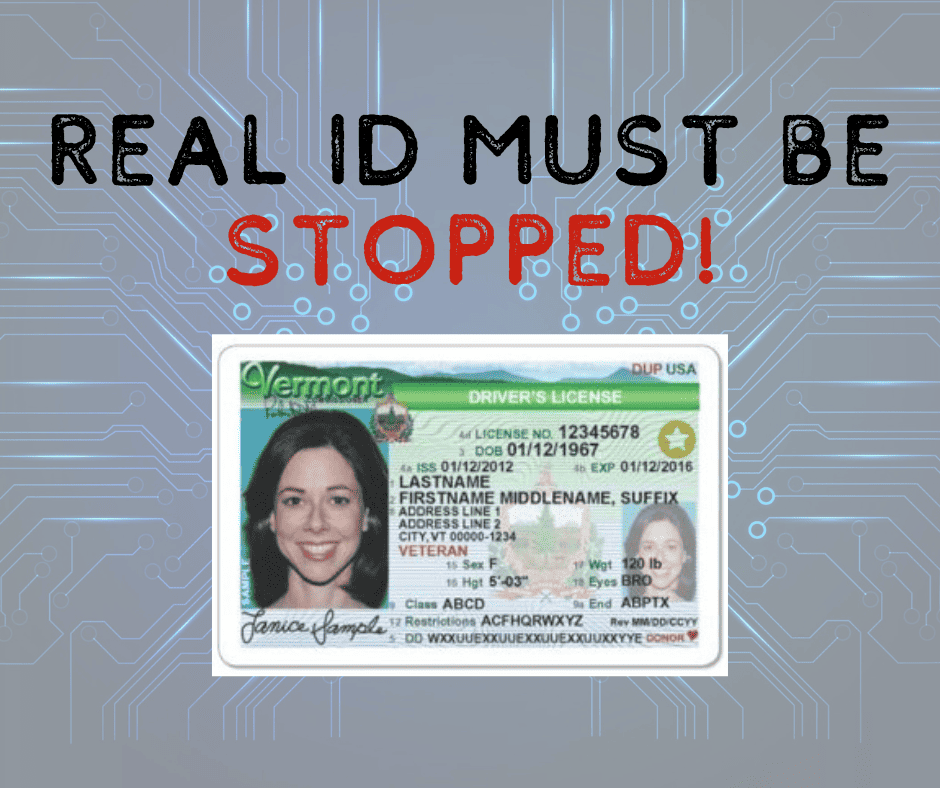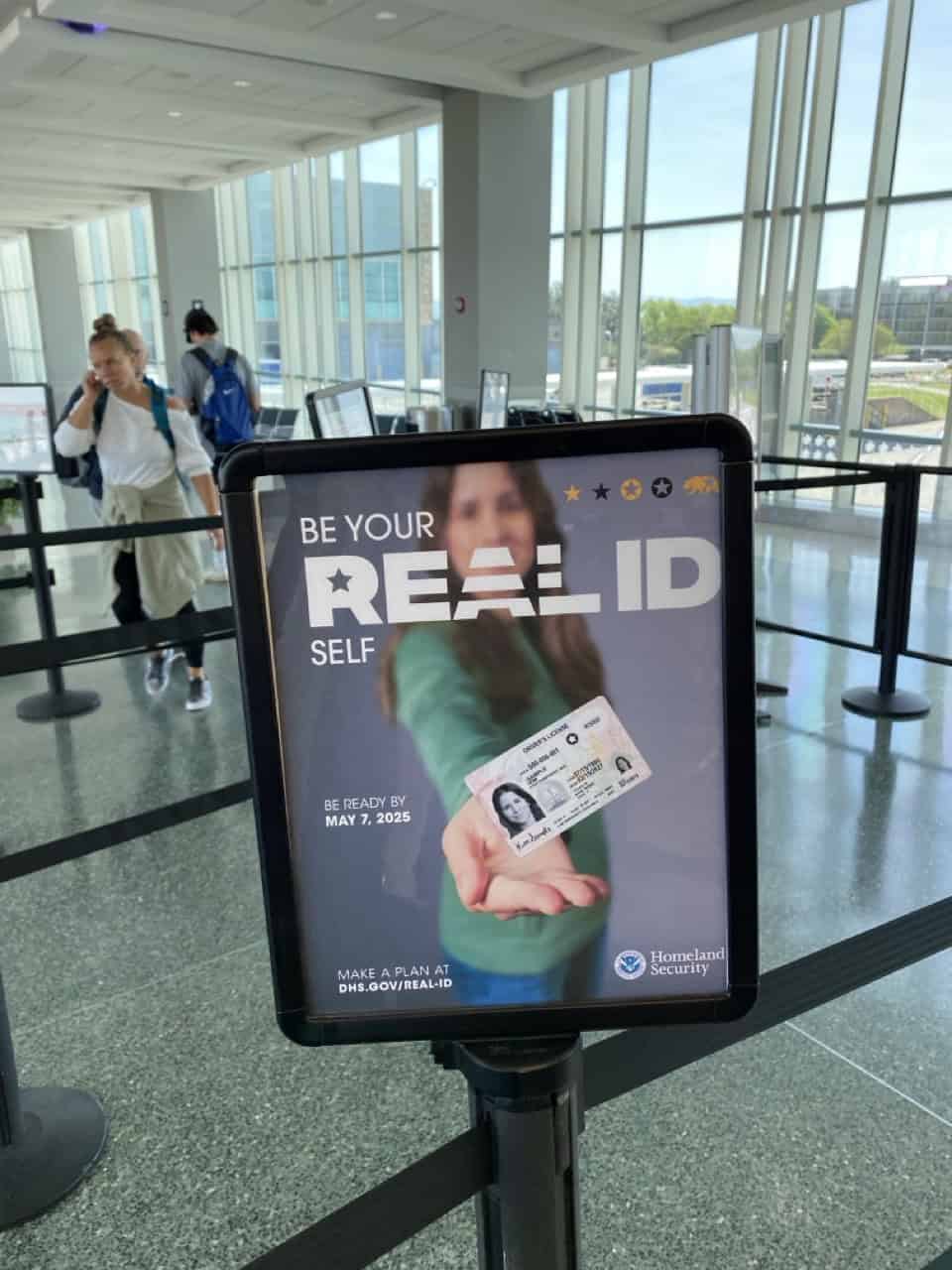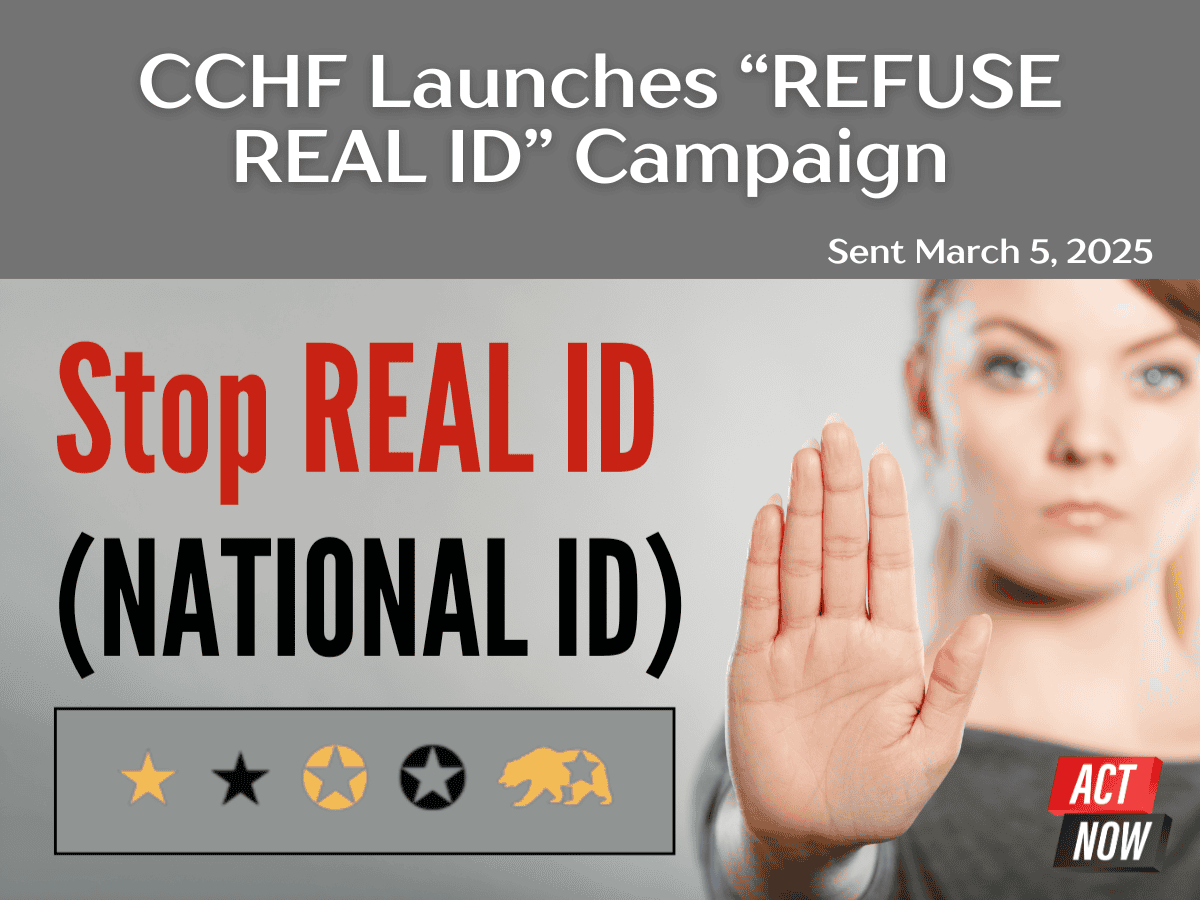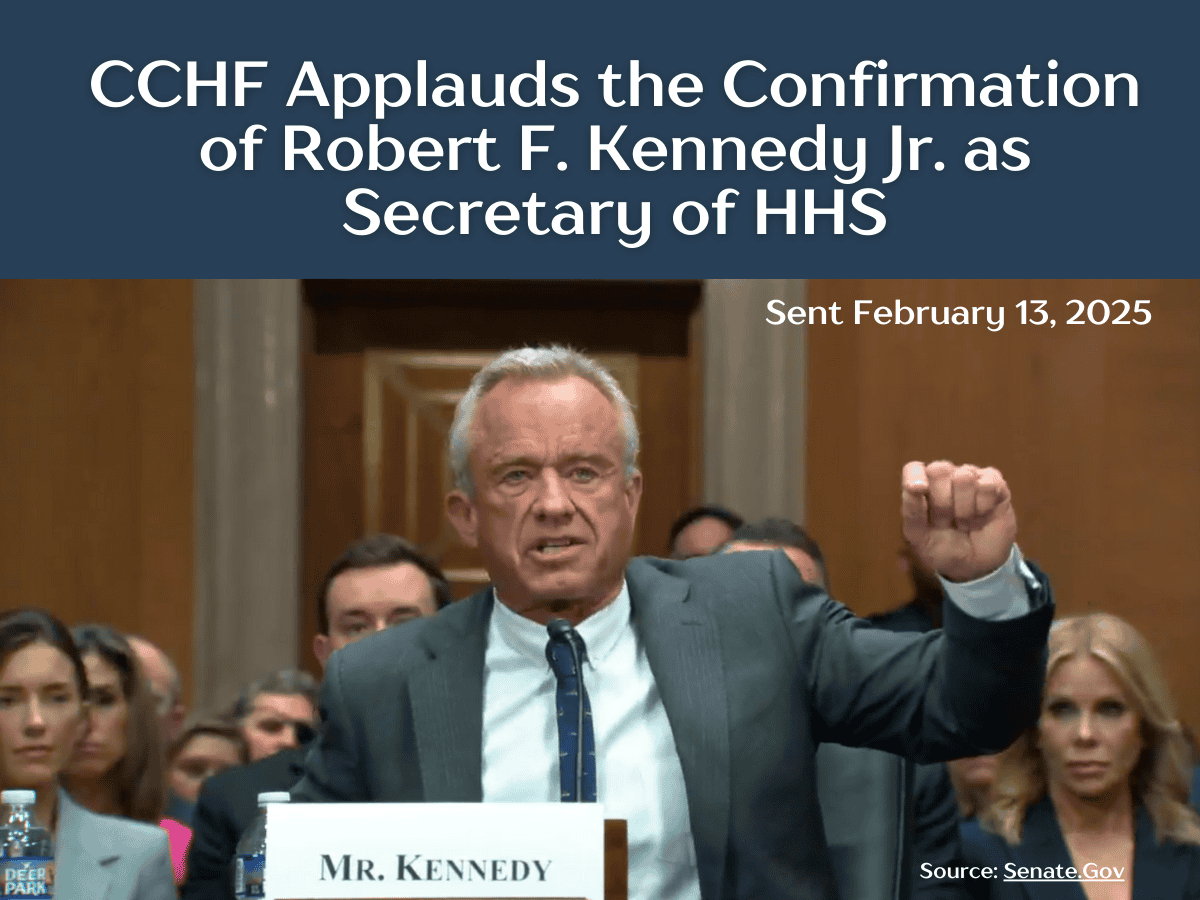CCHF requests answer from OCR in FOIA request
ST. PAUL, Minn. — The “HIPAA privacy rule” requires doctors, hospitals, pharmacies, and other health care providers to “make a good faith effort” to get patients to sign what is sometimes called “the HIPAA form,” but officially is known as the “acknowledgement of receipt of the Notice of Privacy Practices.” The federal rule does not require patients to sign it – it only requires providers to ask them to sign it. But many patients who refuse to sign the acknowledgement are refused treatment.
The Citizens’ Council for Health Freedom (CCHF) sent a letter to the Office of Civil Rights (OCR) at the U.S. Department of Health and Human Services asking for documents and responses to determine whether HHS has authorized the denial of care to those who refuse to sign the acknowledgement.
“Ultimately, we want HHS to issue an official statement acknowledging that patients have a right to refuse to sign the HIPAA acknowledgement statement and providers still have to treat them,” said Twila Brase, president and co-founder of CCHF.
“The HHS Notice of Privacy Practices web page says if patients don’t sign, the provider is required to document their refusal. The HHS website does not tell providers to refuse patients that refuse to sign. But too often, clinics and hospitals turn these patients away. Some won’t let them cross out the statement in general consent forms. This infringement on patient rights must stop,” said Brase.
This year is the 20th anniversary of HIPAA, which became effective on April 14, 2003. During April, to expose the fact that HIPAA is a permissive data sharing rule, not a privacy rule, CCHF is running a month-long educational campaign called, “Exposing HIPAA: The Deliberate Deception.”
“Most people wrongly think signing the HIPAA form, the acknowledgement, means their medical data is held confidential, just between them and their doctor. But signing the acknowledgement means they have read, understood, or received a form that notifies them that they have no privacy rights over their data. HIPAA is not a privacy rule, and the Notice of Privacy Practices is actually a notice of disclosure practices. Patients should not be forced to participate in the HIPAA privacy deception as a prerequisite for receiving care.” said Brase.
About Citizens’ Council for Health Freedom: CCHF exists to protect patient and doctor freedom. As a national, non-partisan health freedom organization, CCHF maintains a patient-centered, privacy-focused, free-market perspective.
About the Author: Twila Brase, RN, PHN is president and co-founder of Citizens’ Council for Health Freedom. She is the author of the eight-time, award-winning book, Big Brother in the Exam Room: The Dangerous Truth About Electronic Health Records, now in its third printing. Her Health Freedom Minutes are heard every weekday on more than 870 radio stations. She has been quoted in Alpha News, CNSnews.org, The Daily Caller, The Epoch Times, Health Care News, Medical Economics, the Pioneer Press, the Star Tribune, The Hill, Townhall, the Wall Street Journal, and the Washington Times.
